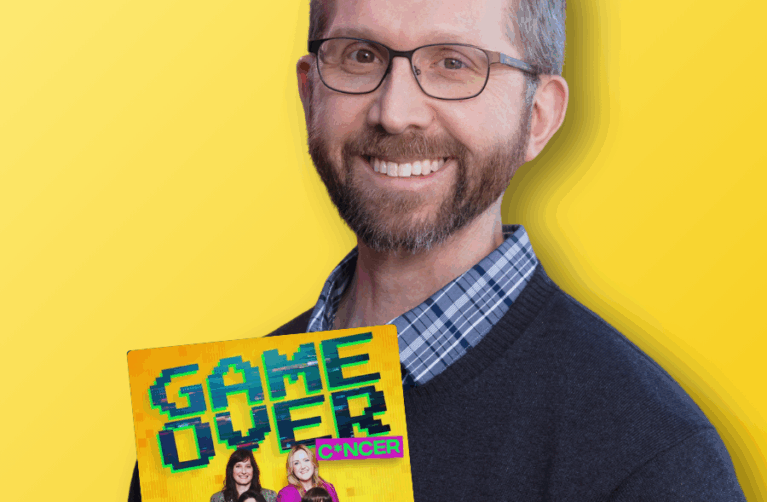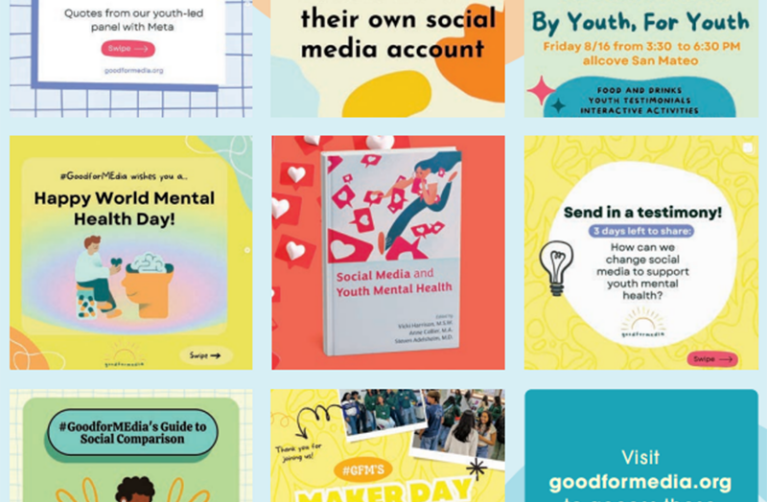“Stress is not all bad,” says Victor Carrion, MD, the John A. Turner, MD, Endowed Professor for Child and Adolescent Psychiatry and director of the Stanford Early Life Stress and Resilience Program. “In small amounts, it’s important for a child’s development.”
But traumatic stress has devastating consequences for children. According to Carrion’s research, it can actually alter the structure of their brain and how it functions, as well as children’s ability to regulate their emotions, process information, and remember things.
“Children living in underresourced communities may be especially vulnerable if they live with multiple stressors, such as community violence and poverty, and if their community lacks resources to aid these challenges,” he notes. Furthermore, these conditions are a recipe for poor sleep.
Enabling these kids to sleep better isn’t just a matter of telling them to sleep more or keep regular bedtimes, however.
“To fall asleep you have to relax, but they have a hard time letting their experiences, go,” Carrion says. “They don’t feel safe and may have nightmares and fears at night.”
Carrion and a team of Stanford colleagues wanted to give children tools to better manage the effects of living in a stressful environment. They partnered with the nonprofit PureEdge to bring yoga and mindfulness practices to elementary schools in the Ravenswood School District in East Palo Alto. Then they studied the results.
They found that third-and fifth-graders who practiced mindfulness skills like deep breathing exercises twice a week at school gained 74 more minutes of sleep each night—including 24 more minutes of deeper, more restorative sleep-compared to a control group in another school district that didn’t learn mindfulness techniques.
The researchers are now looking at the program’s effects on children’s brains and behaviors. And they’re working with PureEdge to make the curriculum available to more schools. The need, Carrion says, has only grown.
“The study was conducted pre-pandemic,” he says. “We see more trauma now. Children can be resilient if we help them activate their strengths and learn the skills to adapt—to bounce back to a better place because now you have experience and knowledge to reach for better mental and physical health.”
This article originally appeared in the Fall 2021 issue of Packard Children’s News.






